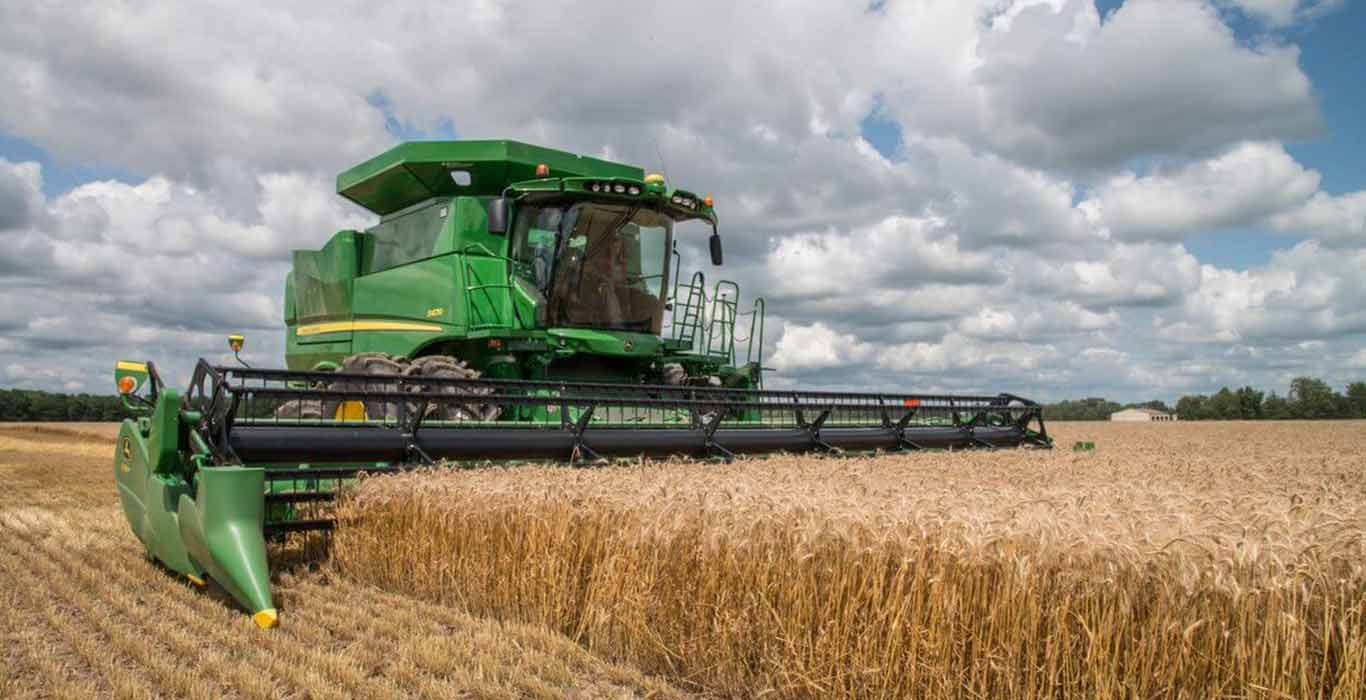Welcome To ChemAnalyst

Farmers in the United States have reached the midpoint of their winter wheat planting for the 2024 harvest, but the outlook for acreage remains uncertain. Many factors, including lower wheat prices and farmers' growing disillusionment with the crop following three years of drought, are contributing to this uncertainty.
The potential reduction in acreage sets the stage for diminished wheat production in the United States. This, in turn, could tighten global wheat supplies, leaving the world more susceptible to shortages in case unforeseen events disrupt the wheat flow from Russia, the leading global exporter. Such disruptions could arise from poor crop weather or conflicts in Ukraine, a major grain-producing country.
U.S. wheat exports are projected to hit a 52-year low in the 2023/24 marketing year. The primary drivers behind this decline are intense competition from Russia and other wheat-exporting nations. The U.S. government's official estimate of winter wheat acreage, which traditionally represents about two-thirds of the total wheat production in the country, won't be available until January. Unfortunately, this forecast will come after the winter wheat crop has already been sown. Nonetheless, analysts and farmers generally anticipate that this year's plantings will either be similar to or smaller than last year's.
In 2023, U.S. farmers have sowed a total of 36.7 million acres of winter wheat, a notable 21% expansion compared to the record low of 2020. Over the past few years, farmers gradually increased wheat plantings, partly due to disruptions in supply chains caused by the pandemic and a price surge following Russia's invasion of Ukraine, a major grains producer, in 2022.
Despite the expansion, the 2023 figure still fell well short of levels seen a decade ago. Although the United States remains one of the top five wheat exporters globally, it has lost ground in the rankings. Competitive prices for crops like corn and soybeans have also influenced the shift away from wheat in the Plains and Midwest regions. Wheat futures on the Chicago Board of Trade have reached nearly three-year lows, while K.C. hard wheat futures are hovering near two-year lows.
Adding to the challenge, crop insurance policies that guarantee minimum prices for the 2024 wheat crop were set in mid-September. For Kansas wheat, these prices were established at $7.34 per bushel, representing a $1.45 decrease from the previous year. This reduction has left some farmers disheartened, especially those who had relied on insurance payouts in the past after abandoning their crops due to drought.
Farmers are cautiously optimistic about the potential relief that the El Niño climate phenomenon could bring. El Niño occurs when surface waters in the equatorial Pacific Ocean are warmer than usual, and it is associated with changes in weather patterns. Farmers in the southern Plains are hoping that El Niño will bring an end to years of winter droughts. However, climatologists have differing views on how much rainfall this phenomenon will deliver.
In addition to these challenges, wheat seeds are becoming more expensive and harder to come by. Three years of drought have reduced farmers' ability to reuse their own seeds, forcing many to purchase certified seeds. This has led to increased costs and limited availability of wheat seeds, further eroding profitability for winter wheat farmers.
We use cookies to deliver the best possible experience on our website. To learn more, visit our Privacy Policy. By continuing to use this site or by closing this box, you consent to our use of cookies. More info.
